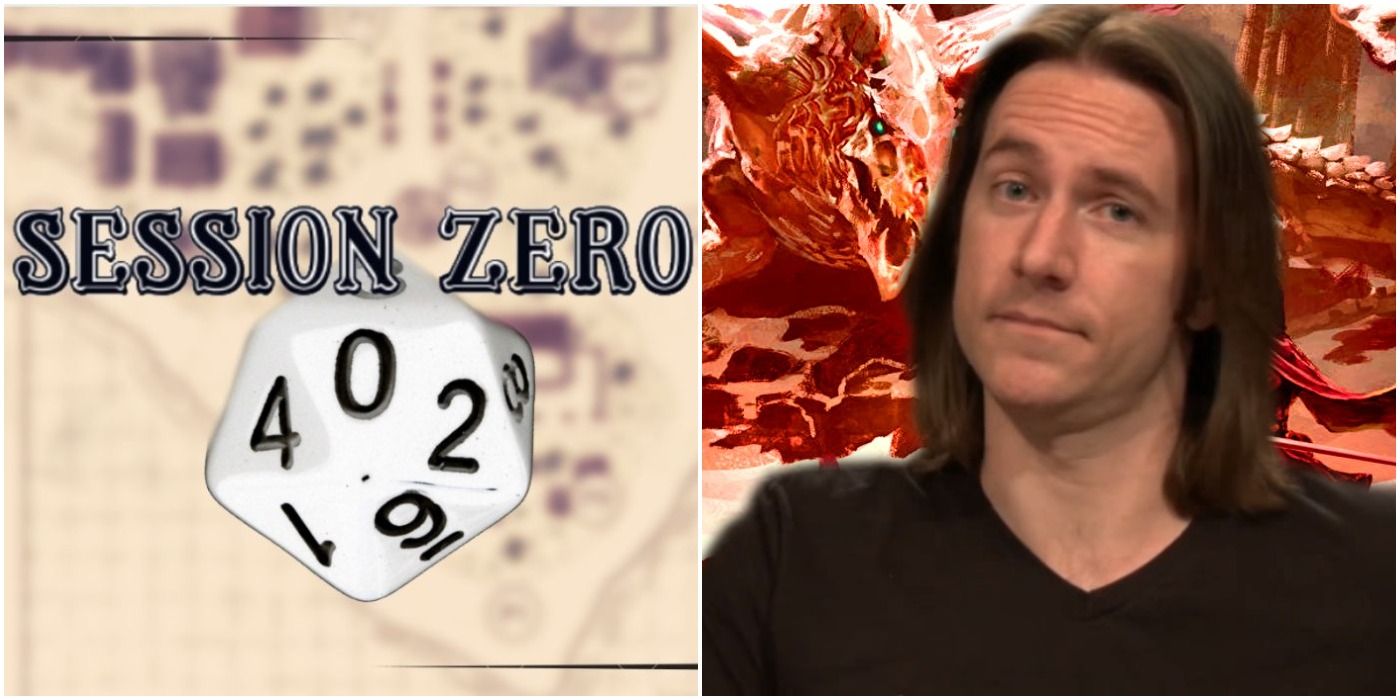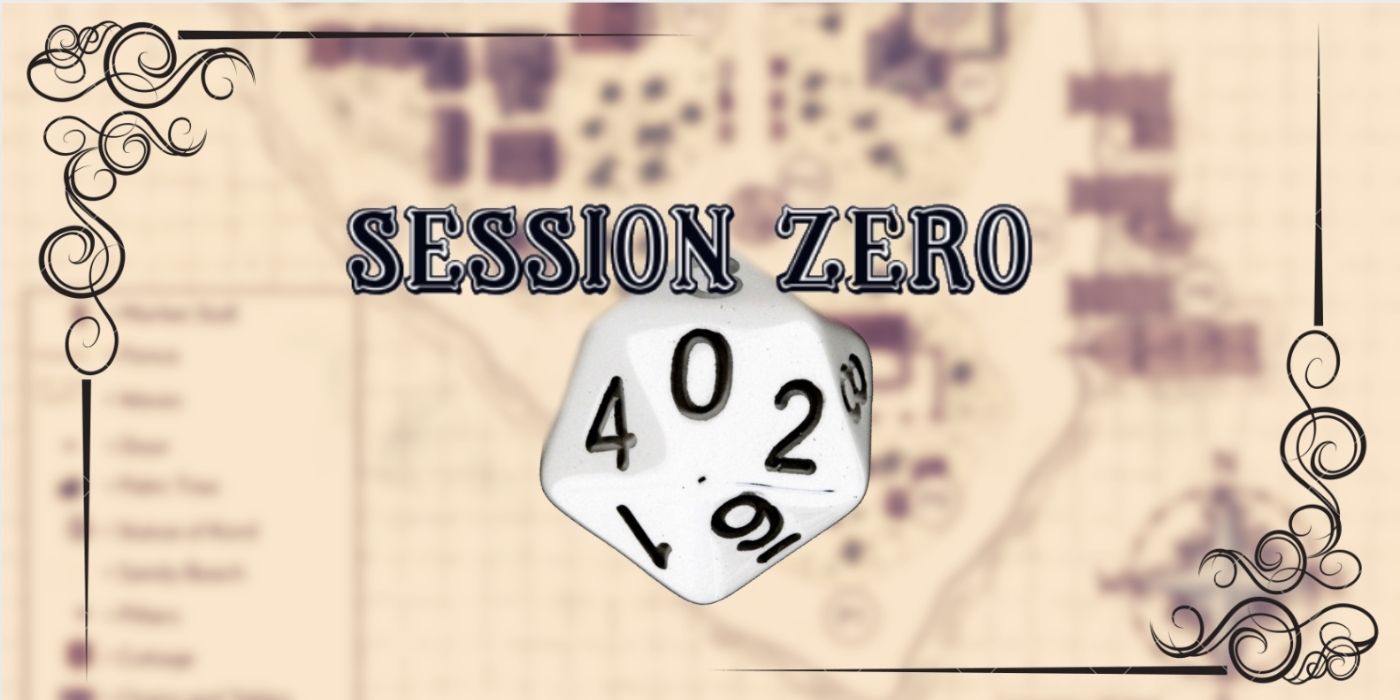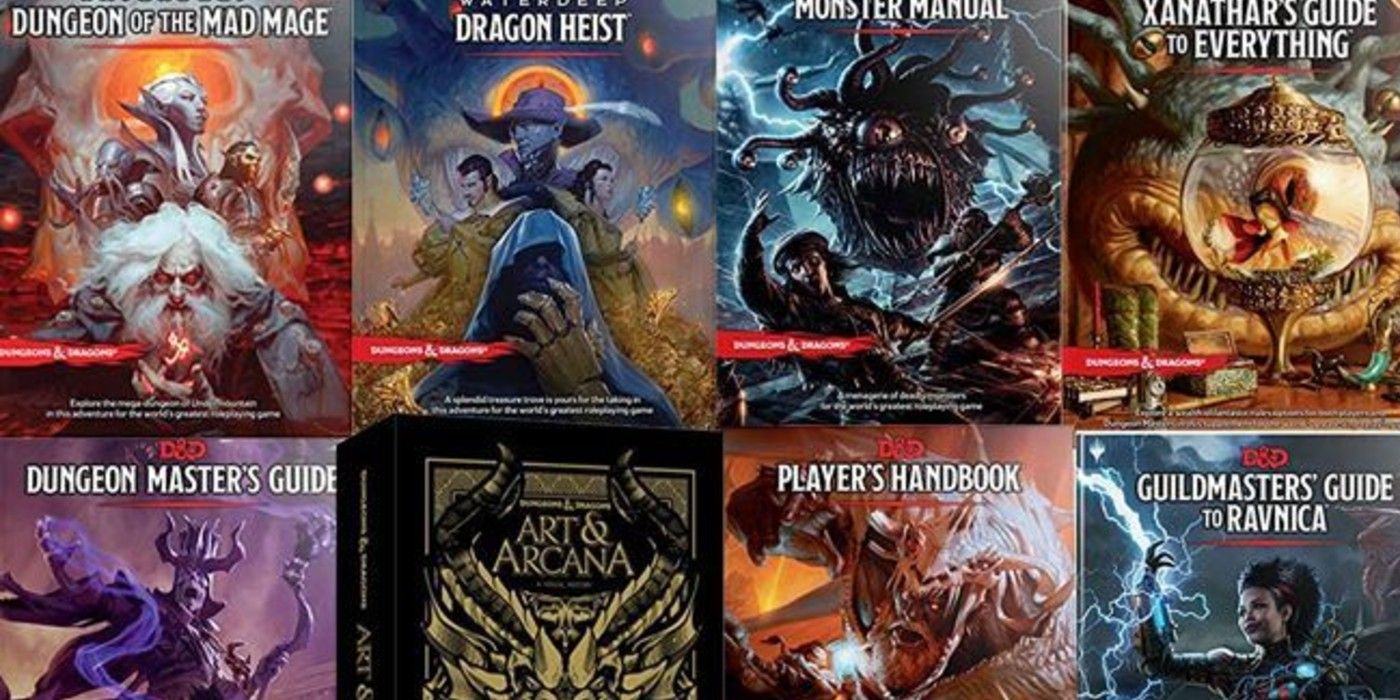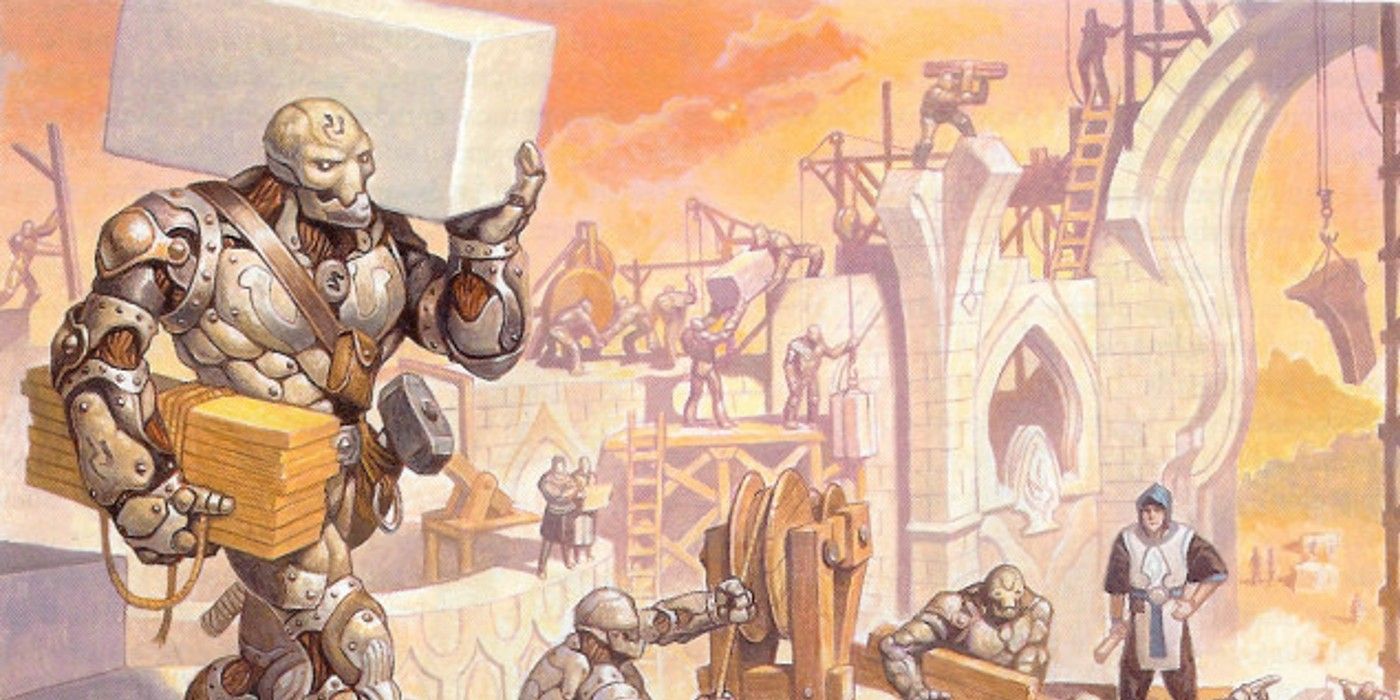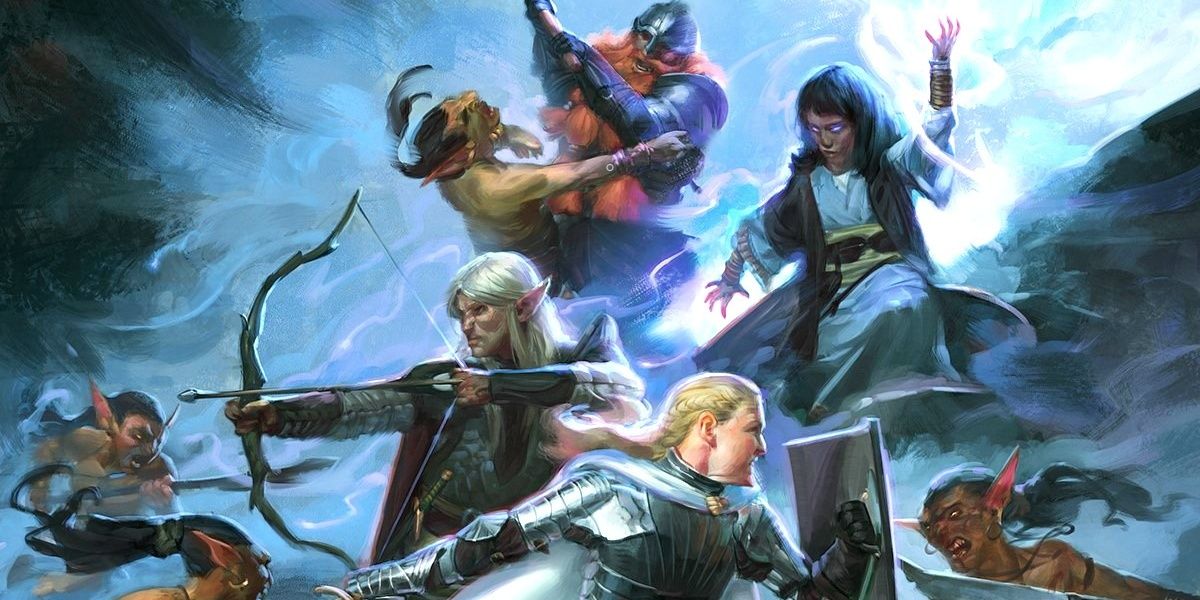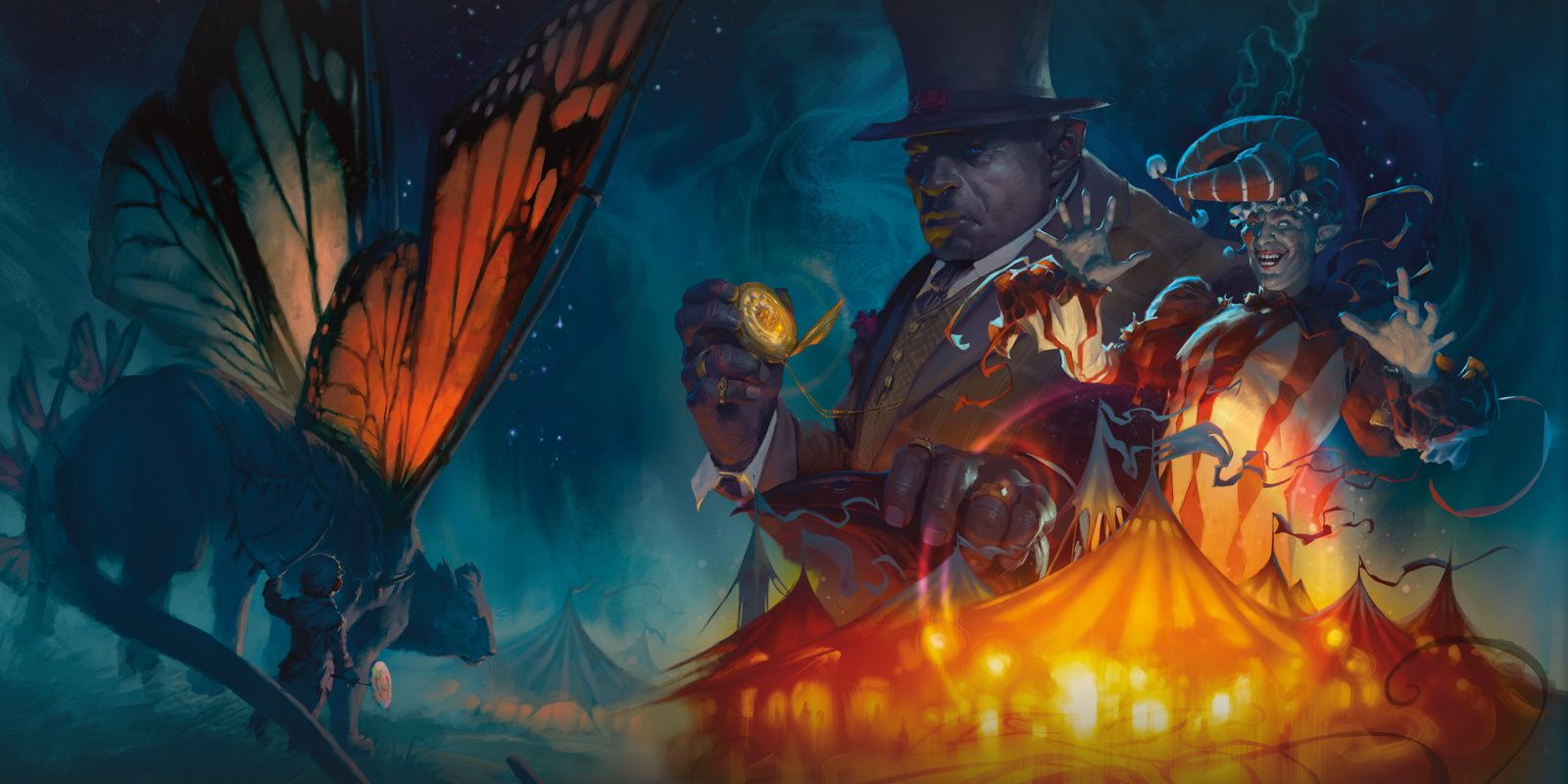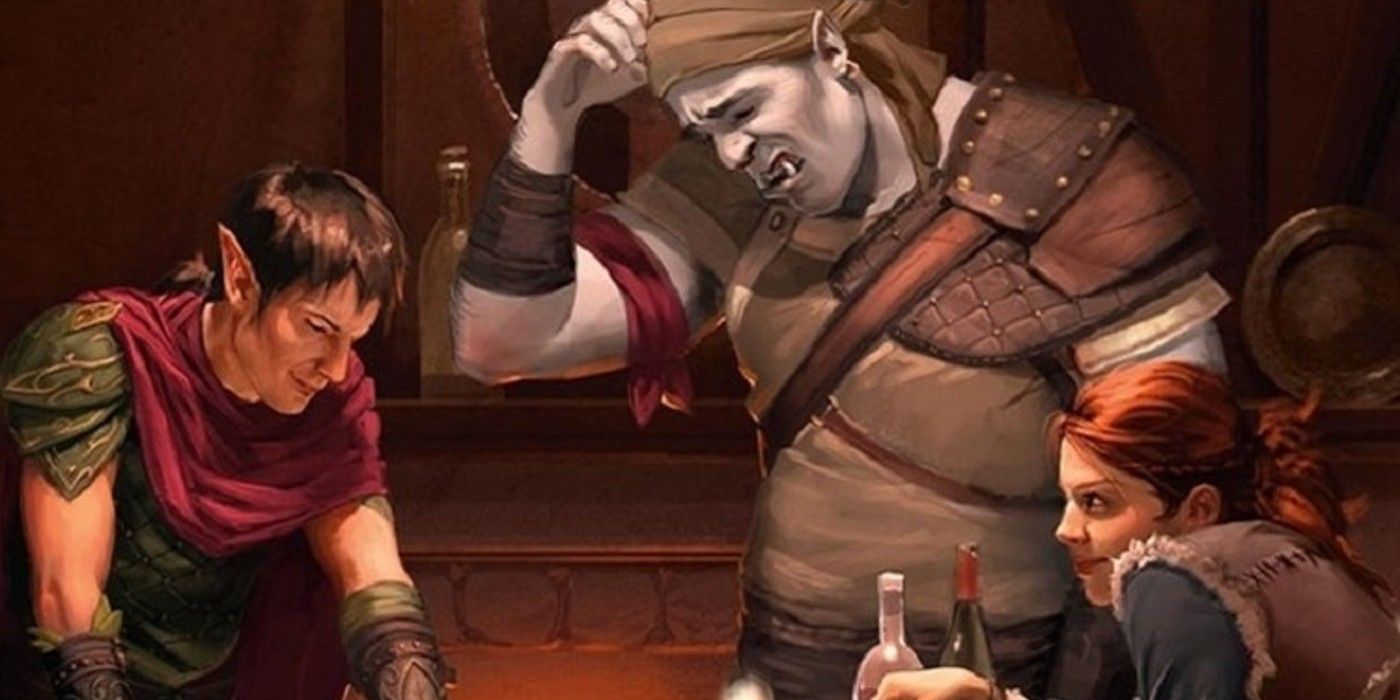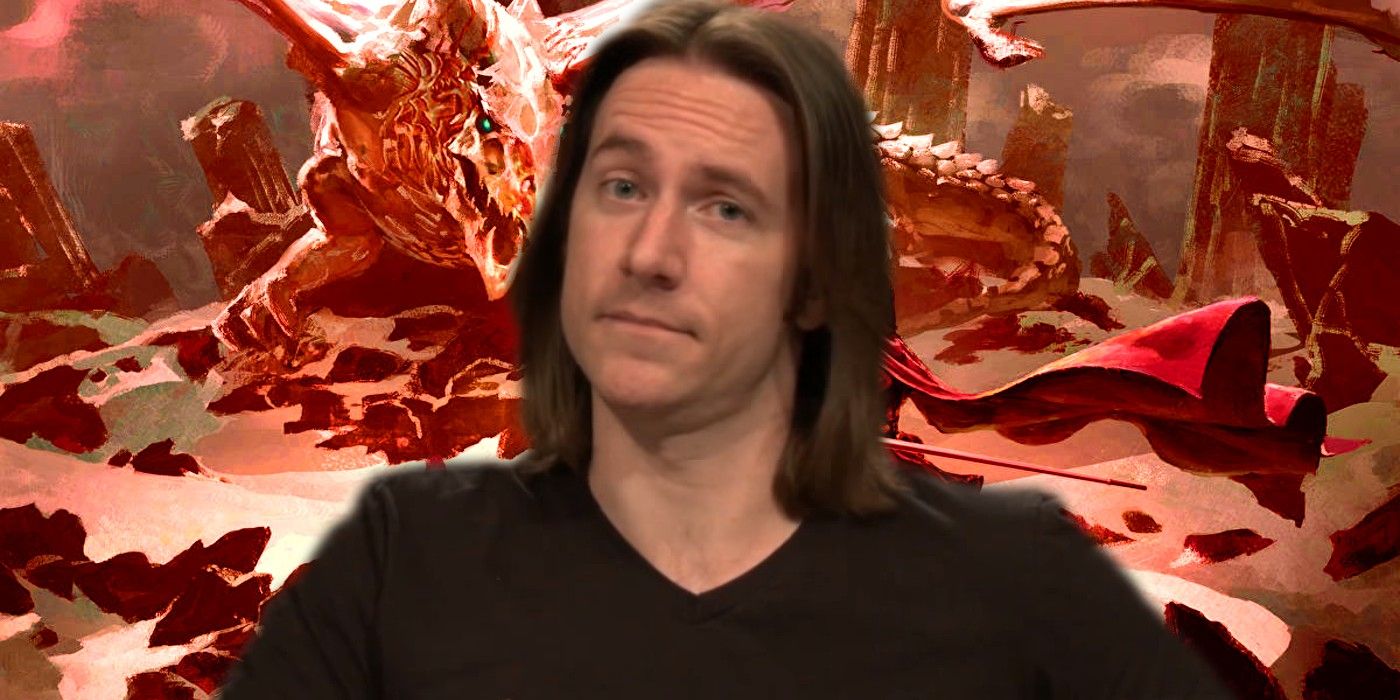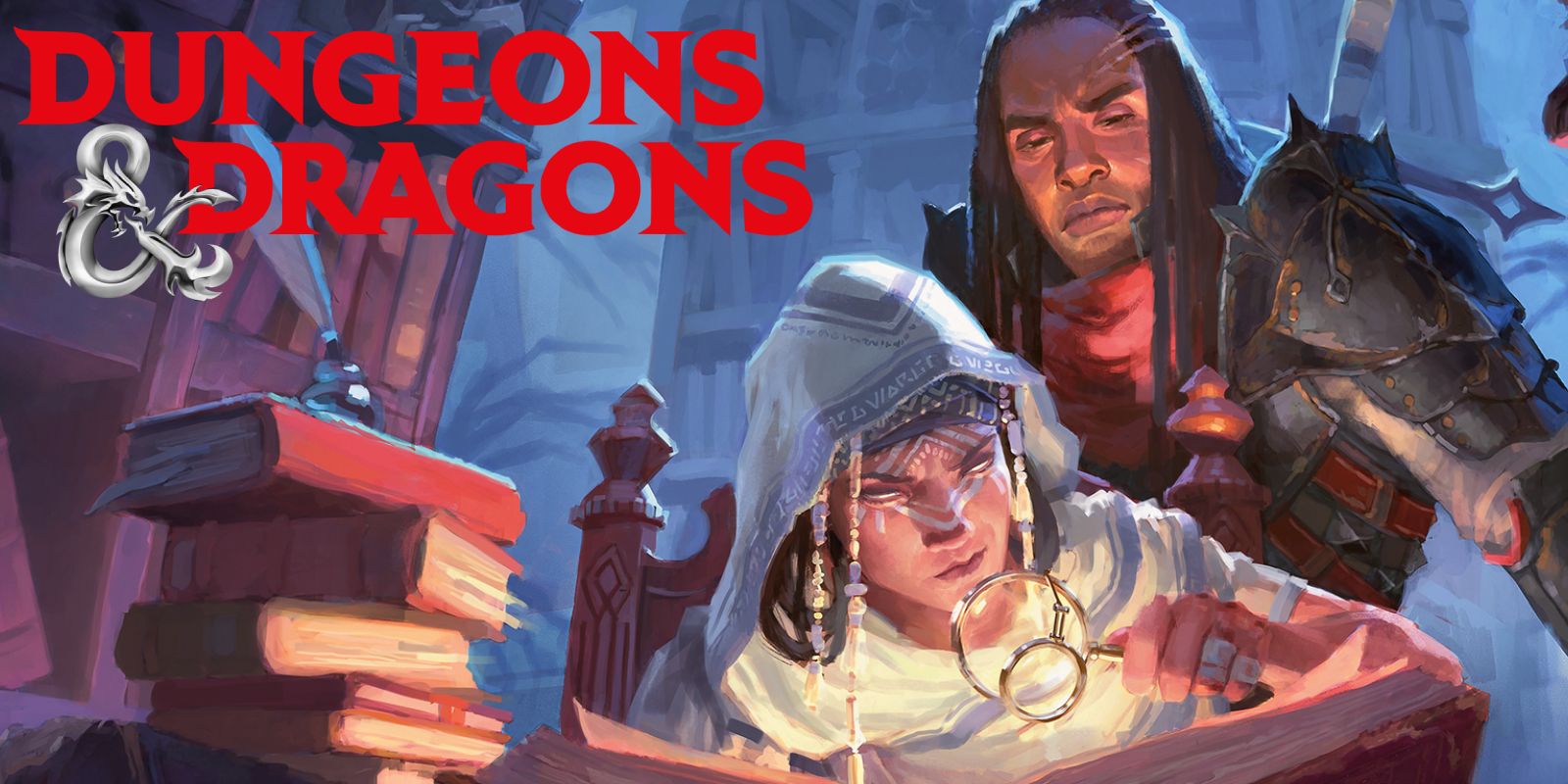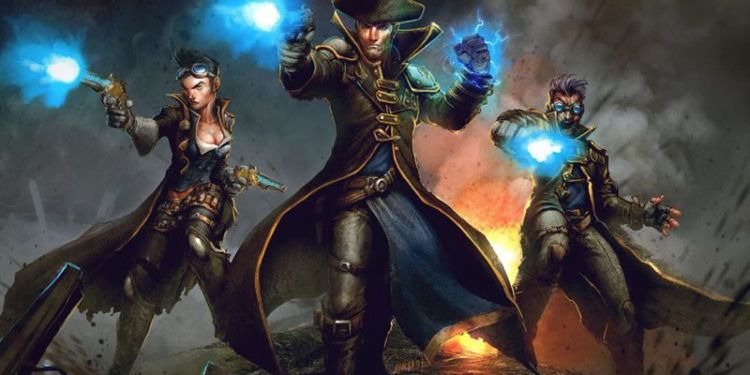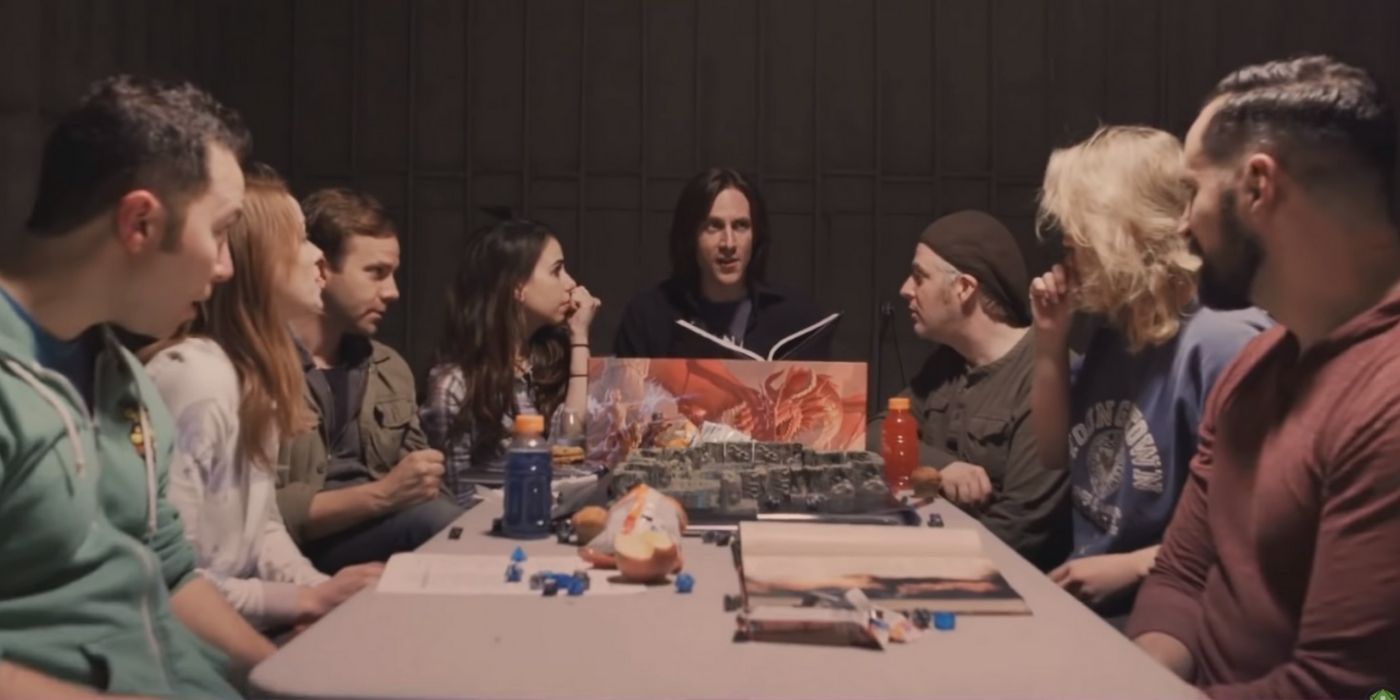Thanks to shows like Stranger Things, Dungeons & Dragons is more popular now than ever before; as such, many new fans are finding themselves in the role of Dungeon Master for the first time. With hundreds of pages of information spread throughout a wide catalog of books, it can be overwhelming to know where to start, especially for groups of newer players.
Whether you're a brand new DM preparing to run your first game or someone with more experience but still some uncertainty, running a game of D&D can be hard, even if it's a table of your friends.
Session Zero
"Session Zero" is a colloquial term for a low-stakes gathering to determine everyone's limits for the game, create and develop characters, and get everyone on the same page before starting the adventure. Starting with a session zero is a good way to prepare not only the Dungeon Master but the players as well.
While some tables don't include a session zero, a number of Wizards of the Coast's recent publications have included sections dedicated to it, including Tasha's Cauldron of Everything, Van Richten's Guide to Ravenloft, and Critical Role: Call of the Netherdeep.
Decide Whether Or Not To Use The Books
Wizards of the Coast has published an ever-growing catalog of resources written for D&D 5e; so much that it can be overwhelming, especially if one considers the best unpublished Unearthed Arcana resources. Many of the books provide a lot of useful information, but taking in and remembering all of it isn't how everyone likes to DM.
For some, the books provide a quick reference to keep the game moving, as well as saving the DM time on worldbuilding and plotting for the campaign. For others, the books create a set of confining limits that inhibits their improvisation.
Go Off Plan
As a game often based around collaborative, improvisational storytelling, it's impossible for the DM to consider every possible action the characters might take; sometimes they may decide to build a town rather than fight monsters.
As a result, it's good to be flexible and ready to go off plan, whether it be a homebrew campaign or one of D&D's best published adventure modules. Players typically come to the table with plans and ideas of their own; the DM's job is to resolve those actions within not just the world but the story as well.
Decide What Kind Of Game The Group Wants
For some tables, putting the story before the game mechanics is a commonplace occurrence. While this is often dubbed the "Rule of Cool," it's up to the DM to decide how and when to implement it.
For many, acts that defy the logic of even the game world can still be accomplished if the DM decides it fits the story, the character, or is simply something that adds to the game when included. Others prefer more restrained use of the Rule of Cool, prioritizing relative realism and consistent internal logic in their games.
Understand That Mistakes Happen
Humans make mistakes, especially being the DM for large D&D groups. Whether it was a forgotten or messed up rule, a fight that was too difficult, or a detail that someone forgot to share with the players, mistakes happen.
While it can be easy to get caught up in them, nobody is perfect; nobody should get upset with anyone else for messing up. AThe group should simply acknowledge the mistake, talk it out, and make sure whatever adjustments need to be made are understood by all. First and foremost, D&D is about fun after all.
Don't Overdo It
It can be very easy for players and GMs to bite off more than they can chew, especially when the desire is to give the player's the most fun experiencepossible. Some DMs bring piles of homemade handouts, and others show up with minimal preparatory notes.
While neither example is incorrect as there's no "wrong" way to play D&D most will fall somewhere in the middle. The important thing for GMs is to balance what they want to do with what they have time and energy to do.
Don't Compare Yourself To Professionals
With shows like Critical Role helping to make D&D more mainstream, it's important to remember that many of them are professional actors who have been table-top role-playing game enthusiasts for decades. Looking to professionals as examples, inspiration, and role models is a great way to learn and grow, but it can be easy to feel unprepared when compared to the likes of Matt Mercer and other pros.
Critical Role and other shows like it have budgets for streaming and playing, lifetimes of experience, and an awareness that, despite enjoying their game, they're also entertainers.
Ask The Internet
DMing without any help can be intimidating, but it can be hard to get assistance if one's friends are also their players. Resources like Reddit and Twitter are hubs for the community, with spaces to ask about D&D, post content, or simply tell others about a game.
Like most things on the internet, everyone should be prepared for trolls and some unpopular D&D opinions, but most users tend to want to help each other out and grow the community.
Reskin, But Don't Recreate
"Don't reinvent the wheel." Many dungeon masters get an idea of something they want to include in their games and dive into a lengthy, difficult creation process without first checking if there’s a published option to use.
Wizards of the Coast is far from perfect when it comes to balance, but more often than not the officially published version is going to be easy to tweak, cutting down on DM prep time. This will mostly apply to creatures, but character options and even D&D's most powerful spells can be changed however groups want.
Don't Get Discouraged
If a D&D session doesn't go the way the DM wanted it to, it can be easy to feel discouraged and even want to take a break from DMing. While taking a break when needed is important, a break fueled by disappointment is hard to recover from.
It's always important to talk to the players about what went well and what can improve, that way the group can continue with forward momentum and make the next session even better. The players want the GM to succeed, and everyone is playing the game to have fun.

